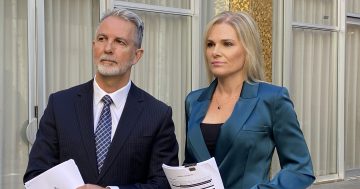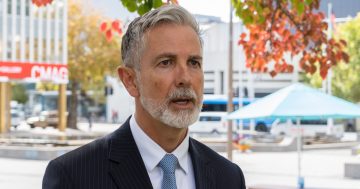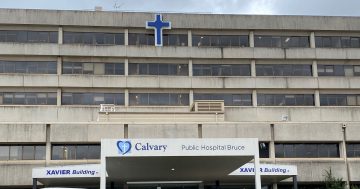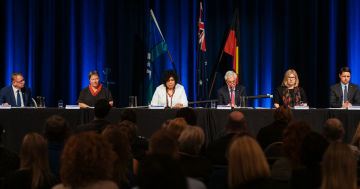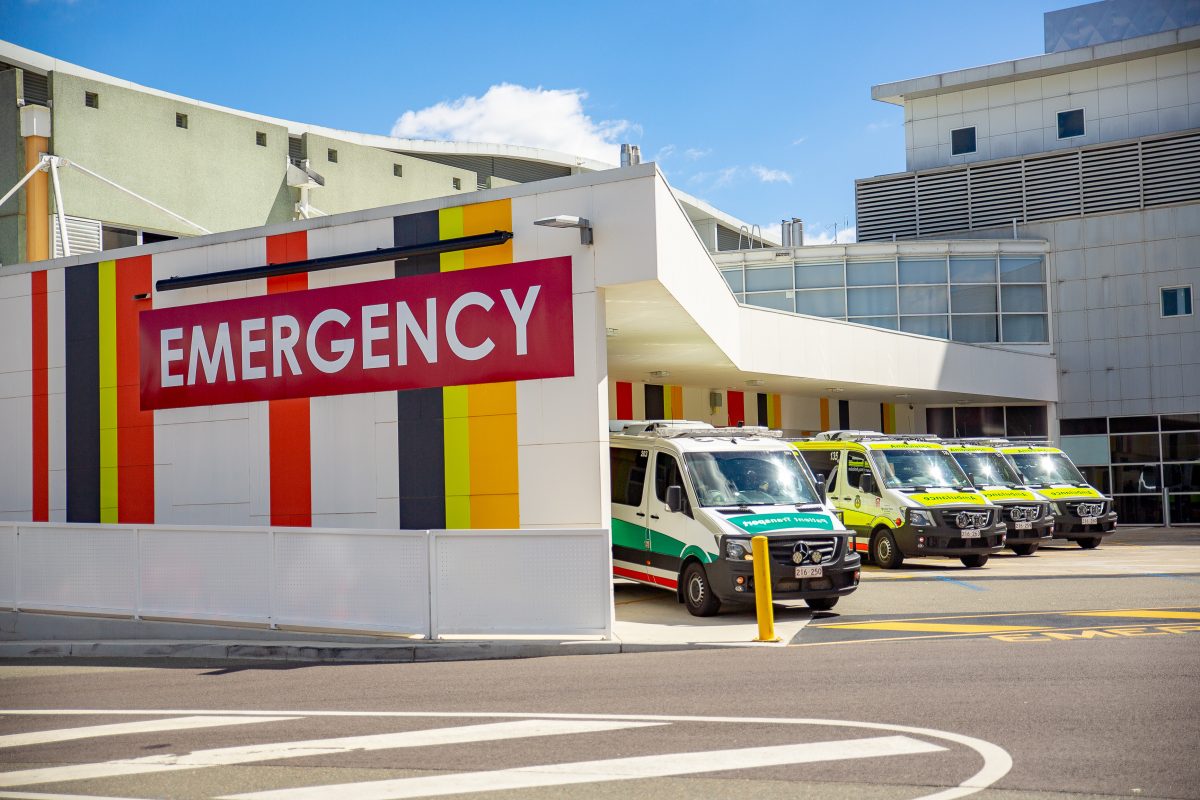
The AMA ACT branch supported the potential Royal Commission into healthcare, stating our public hospital performances continued to be ‘suboptimal’. Photo: George Tsotsos.
A motion for a Royal Commission into the entirety of the ACT’s healthcare system has been quashed, despite the local Australian Medical Association (AMA) branch backing the calls.
Canberra Liberals acting leader Jeremy Hanson moved the motion in the Legislative Assembly on Tuesday (9 May), stating the party had chosen this path because “all other avenues of accountability have been exhausted” over the past decade, yet problems persisted.
“Respect our nurses, respect our doctors, respect our patients – stop this culture of fear and instigate a Royal Commission,” he said.
Mr Hanson said an independent investigation could examine staffing shortages, cultural problems, poor results across key performance indicators, waiting times, management and outcomes in the mental health system, governance issues, infrastructure requirements, and funding shortfalls and priorities.
He said the party had heard from countless healthcare professionals across a range of specialities and areas in health, stating they had been voicing their concerns for years with no “meaningful action” taken.
It was suggested a Royal Commission would be a chance to examine the system from the ground up and implement real change from recommendations, with everyone given the opportunity to be heard.
“It is inconceivable to think that this government, this [Health] Minister, has the answers to fix this broken health system,” Mr Hanson said.
“A Royal Commission can provide the pathway forward. It can take the politics out of it. It can give staff confidence that there is a long-term solution fix to this ailing system.”
The inquiry had been backed by AMA ACT president Dr Walter Abhayaratna, who described the Territory’s healthcare system as at a “crisis point”.
He referred to the AMA’s latest Public Hospital Report Card, which he said was another annual reminder of the “suboptimal public hospital performance” in Canberra.
“There is a reasonable expectation that our nation’s capital should represent the best version of Australia, including its performance in the health sector,” Dr Abhayaratna said.
“In recent years, the ACT public hospital performance sits disappointingly below the expected standard on measures that are considered to be important to consumers and the quality of healthcare: how long it takes to be seen when you present to the emergency department with a condition considered by healthcare providers as urgent; how long it takes for the emergency department care, regardless of whether the decision is to discharge from the emergency department, admit to hospital or appropriately transfer to another hospital for further care.”
He said Canberra could do better, but it would require changes to address systemic challenges, such as an under-resourced primary healthcare system and a fragmented approach that needed more collaboration between state and federal governments.
Thus a Royal Commission could be one way to achieve this.
“It is time to ensure the ‘short-term fixes’ are not put forward and implemented when they have an adverse effect on the fundamental reforms required to address the ‘whole-of-system’ challenges and promote integrated and high-value care,” Dr Abhayaratna said.
“[A Royal Commission] is something that we would support, particularly if [it would] result in improved healthcare in the ACT.”
Chief Minister Andrew Barr agreed that while work needed to be done, changes were being discussed at a National Cabinet level, and action plans were already being implemented in the Territory.
He blamed the previous Liberal Federal Government for a lack of funding and cooperation between levels of government and said they had the chance to get the ball rolling with Labor now in power.
Greens MLA Johnathan Davis explained his party wouldn’t support a Royal Commission because, while there were problems, the “government is implementing the solutions”.
He also argued the unknown cost wouldn’t be worth it when money had already been invested in a variety of reviews and action plans.
“[For example] Victoria’s recent Royal Commission into, specifically, mental health services cost their taxpayers $13 million,” Mr Davis said.
“The possible price tag for such a public inquiry has a huge range – this is money worth spending if there are issues that need to be better understood, and if communities and stakeholders need new avenues to contribute to policy solutions.
“I believe our government has a good understanding of these issues.”
The motion was voted down by the Labor and Greens members present in the Legislative Assembly.












